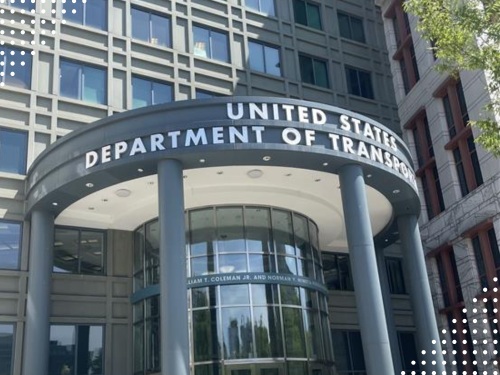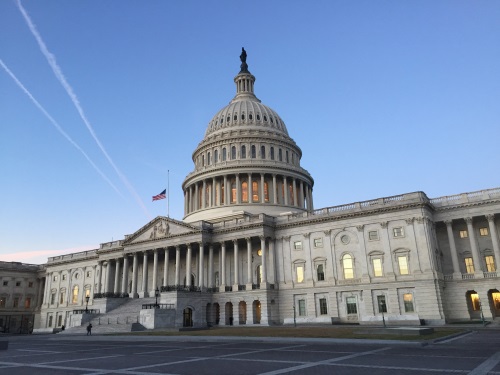The House of Representatives Committee on Transportation and Infrastructure advanced the Water Resources Development Act of 2020 or WRDA 2020 by voice vote on July 15. It could see a House floor vote next week.
Also known as H.R. 7575, the WRDA 2020 bill authorizes construction of 34 projects studied and approved by the U.S. Army Corps of Engineers since WRDA 2018 was signed into law – which is five times more than approved in WRDA 2018 – and also authorizes 35 new USACE feasibility studies and directs the Corps to expedite the completion of 41 ongoing studies.

The bill also “unlocks” roughly $10 billion from the Harbor Maintenance Trust Fund – a longtime goal of Rep. Peter DeFazio, D-Ore., chair of the House T&I Committee. “I will not stop fighting until all the funds collected from shippers are used for their intended purpose – maintaining the safety and reliability of our nation’s ports,” he said in a statement.
Rep. DeFazio noted that the WRDA 2020 legislation also directs the Secretary of the Army to equitably allocate harbor maintenance expenditures to pay for harbor operation and maintenance needs, while addressing the ongoing needs of the nation’s largest ports, its Great Lakes harbors, and its emerging harbors.
“This bill also recognizes the important role that the inland waterways play in our nation and provides a cost share shift to help in completing construction of much needed inland projects, and prioritized projects of importance to members of the committee,” he added. “[It also] recognizes the important role of resiliency in helping our communities meet the current and future challenges of changing hydrologic conditions and repetitive and more frequent flooding events.”

Rep. Sam Graves, R-Mo., the committee’s ranking member, noted in a statement that “For the past few months, both sides have been working hard to reach the agreement reflected in this bill, and I appreciate the bipartisan effort that went into this effort.”
“Also, as with all WRDA laws since 2014, this bill is fiscally responsible,” he pointed out. “The amount authorized in this bill is offset by de-authorizations of projects that are now out of date or no longer necessary. Ultimately, WRDA 2020 will help keep America competitive, provide a foundation for job growth, foster a more robust economy, and protect our communities for years to come.”
 Top Stories
Top Stories
USDOT Makes $1.5B Worth of BUILD Grants Available
December 19, 2025 Top Stories
Top Stories

